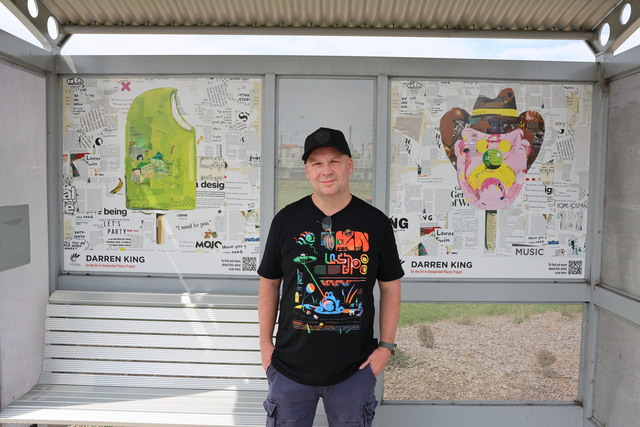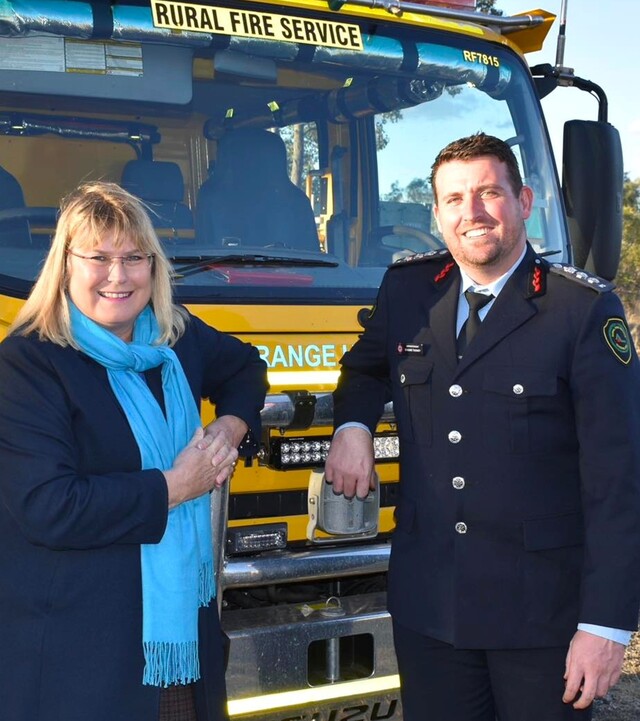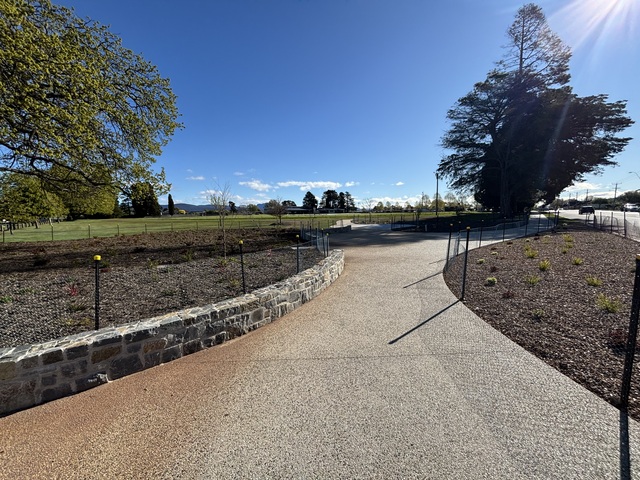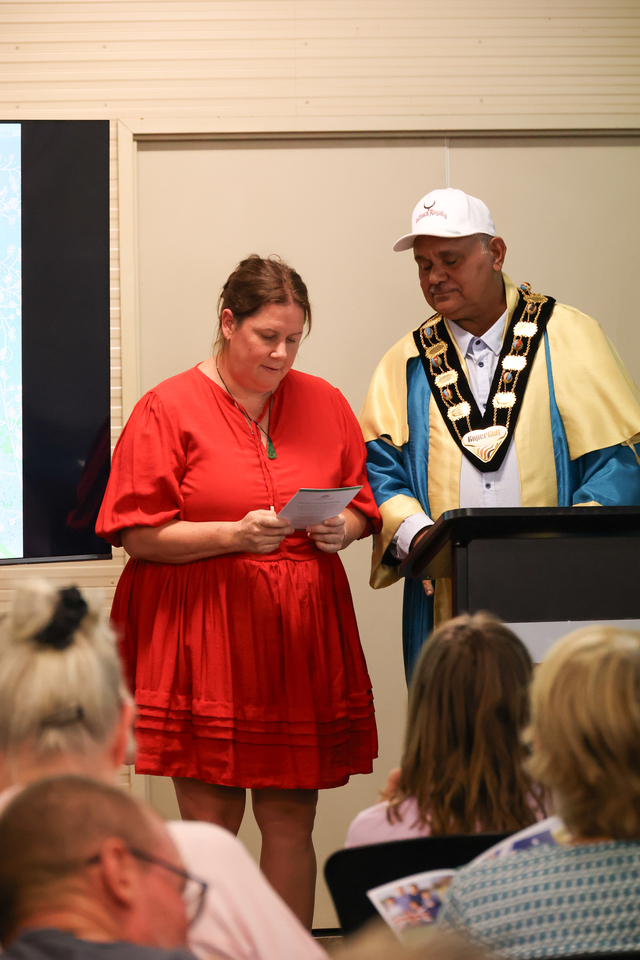The UK Experience by Malcolm Morley*
Councils have three key roles: community leader (advocate, influencer, place shaper, developer of a shared vision for the aspirations and achievement of the communities served and holder of others to account), solutions enabler (commissioner and initiator of service interventions by itself and others) and service provider (low cost provider of services).
In the past if you had posed the question: What is the definition of the business the council is in? the answer would have been dominated by reference to being a service provider. It is now moving quickly to being dominated by being the community leader and a solutions enabler.
This change, coupled with the unrelenting pressure to illustrate economy, efficiency and effectiveness, is forcing councils to focus on the three Cs of competence, capacity and capability.
Competence
Competence is about the skills necessary to carry out council’s roles. In the past this has largely focused on professional skills, service management skills and of course political skills. The evolving Local Government agenda is highlighting the need to focus progressively on the skills necessary to improve community leadership and the identification and evaluation of crosscutting options for solutions to be achieved for individual and community needs.
Partnerships working within the public sector, with the private sector and with the voluntary sector to provide joined up solutions for communities and individuals is the new paradigm and often requires new skills, skills sometimes only gained through experience in different sectors.
Capacity
Capacity is about the organisation’s ability to deal with the volume and range of business to be conducted. Public expectations and the complexity of their needs/wants continue to increase the scale and scope of demands on councils as do continuous legislative changes. Councils are finding it increasingly difficult to deal with the sheer volume and scope of the demand.
There is a significant challenge in seeking to respond to the desire to tailor services to individual needs and the demands to achieve economies of scale through the standardisation of service offerings. This is a key capacity challenge for councils. New approaches to meeting demand are required.
Capacity is also about gaining access to specialist skills particularly where the demand does not justify the appointment of full time staff. This is often associated with regulatory/statutory services. Access to this specialist capacity is a real challenge for many councils and challenges existing models of employment and service provision.
Capability
Capability is about the organisation’s ability to secure solutions for communities and individuals that span organisational boundaries whether within the same organisation or between organisations.
Operating in isolation, one organisation’s approach to economy and efficiency can lead to another organisation’s increased costs and reduced efficiency. Effectiveness often requires a partnership customer focused approach.
If councils really are to improve their community leadership and solution enabling, new ways of working are going to be required. This demands new skills, systems, processes, relationships and organisational cultures.
It really does challenge traditional approaches to the three Cs and the often stated slogan: putting the customer at the centre of all that we do.
Next month I’ll deal with the next stage in this evolution, culture and collaboration.
*Malcolm Morley is Chief Executive of Harlow District Council and can be contacted via the Editor, email info@lgfocus.com.au The views expressed in
this article are not necessarily those of
his employer.







